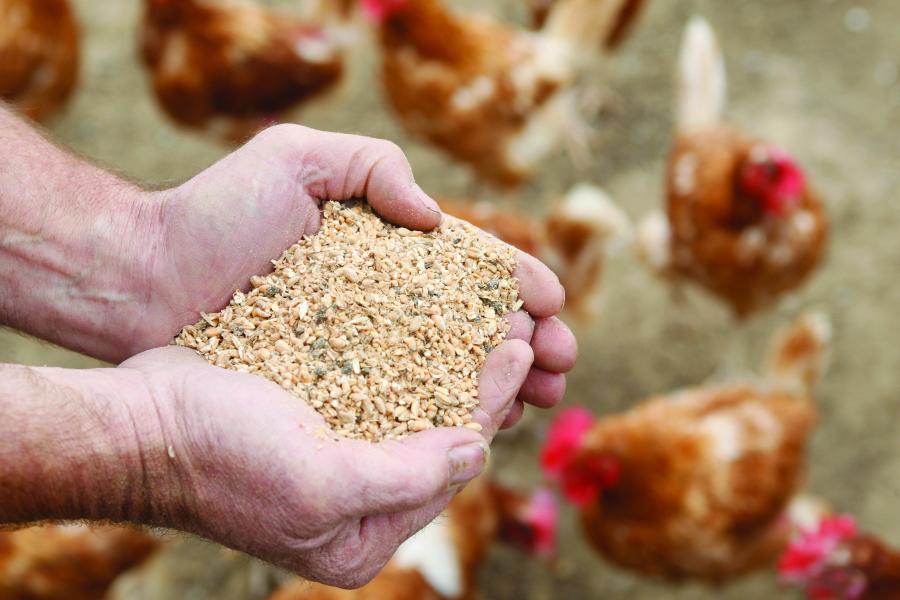
A new report has highlighted the need for the world to look at more sustainable ways of feeding livestock, as half of all agricultural land is used for feed production.
Titled 'The Feed Behind Our Food', the report, published by a coalition of leading businesses and NGOs, highlights the important role animal feed plays in the food industry.
It also highlights its significant impacts on environmental health and food security.
This call for increased scrutiny comes at a time when animal feed production is projected to grow exponentially to meet future demand.
Already, nearly half of global agricultural land is used for livestock feed production and more than a fifth of wild caught fish is fed to animals.
The report states that feed contributes to 45% of greenhouse gas emissions from livestock production, and much of it comprises high-value foods rich in nutrition, such as soy and maize.
Sandra Vijn, a director of WWF US’s food program, said it will be "very challenging" to meet the future demands for livestock and farmed fish products in sustainable ways without transforming the way animal feed is produced.
“Food and feed companies alike need to recognise the risks and opportunities this presents to their businesses and work together to achieve this transformation. This report serves as a guide for how they can begin to do that,” Ms Vijn said.
Sustainable materials
Some businesses are beginning to start initiatives to reduce environmental impacts of feed cultivation.
For example, British retailer Waitrose is working towards using 100% sustainable soy and sourcing more feed raw materials from the UK and Europe.
Duncan Sinclair, Agriculture Manager at Waitrose, said looking at new approaches to feeding livestock helps meet sustainability targets, and is also good for business.
“Customers increasingly demand more transparency, not just on what goes into a product but also on how it is produced,” Mr Sinclair explained.
“Addressing the sustainability of animal feed by bringing it closer to home through our sustainable forage protein project has not only benefited the environment but has helped our farmers improve efficiency.”
Insect-based protein
Companies such as Calysta, Protix, Ynsect and Evonik are investing hundreds of millions in scaling up production of traceable feed ingredients.
This includes insect-based protein, oil from natural marine algae, feed additives like amino acids, and protein derived from methane-eating bacteria.
Simon Billing, the Protein Challenge 2040 lead at Forum for the Future, said: “This report is the first step in helping retail and food service professionals start to build knowledge of their feed security, and join forces with their suppliers, including producers and feed companies, to formulate strategies together to speed up progress on sustainable animal feed.”
